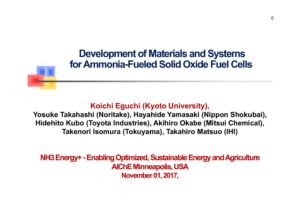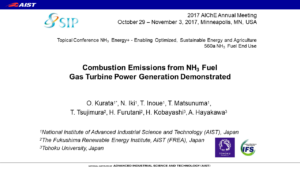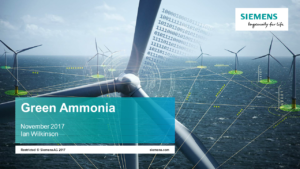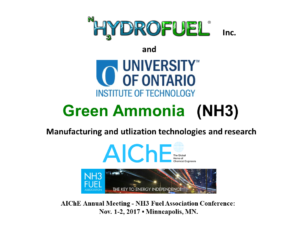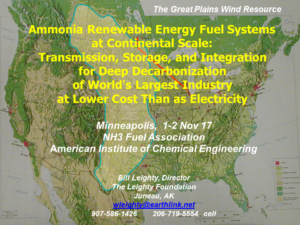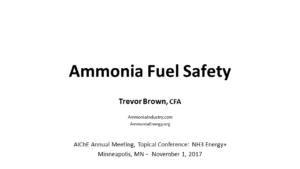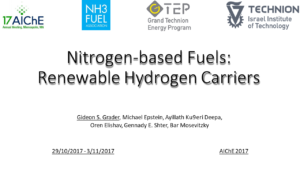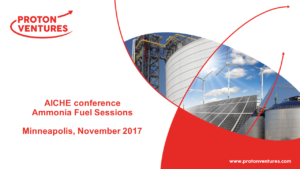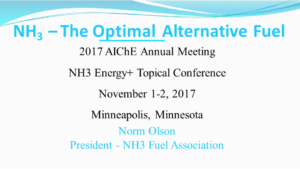Presentation
Development of Materials and Systems for Ammonia-Fueled Solid Oxide Fuel Cells
Hydrogen is the primary fuel source for fuel cells. However, the low volume density and difficulty in storage and transportation are major obstacles for the practical utilization. On-site generation of hydrogen from its carrier is an effective method for the fuel supply. Among various hydrogen carriers, ammonia is one of the promising candidates. Ammonia has high hydrogen density. The boiling point of ammonia is relatively high, leading to the ease in liquefaction and transportation. Hydrogen can be produced from ammonia with a mildly endothermic process. The reaction temperature of ammonia cracking is about 600˚C or higher which is close to…
